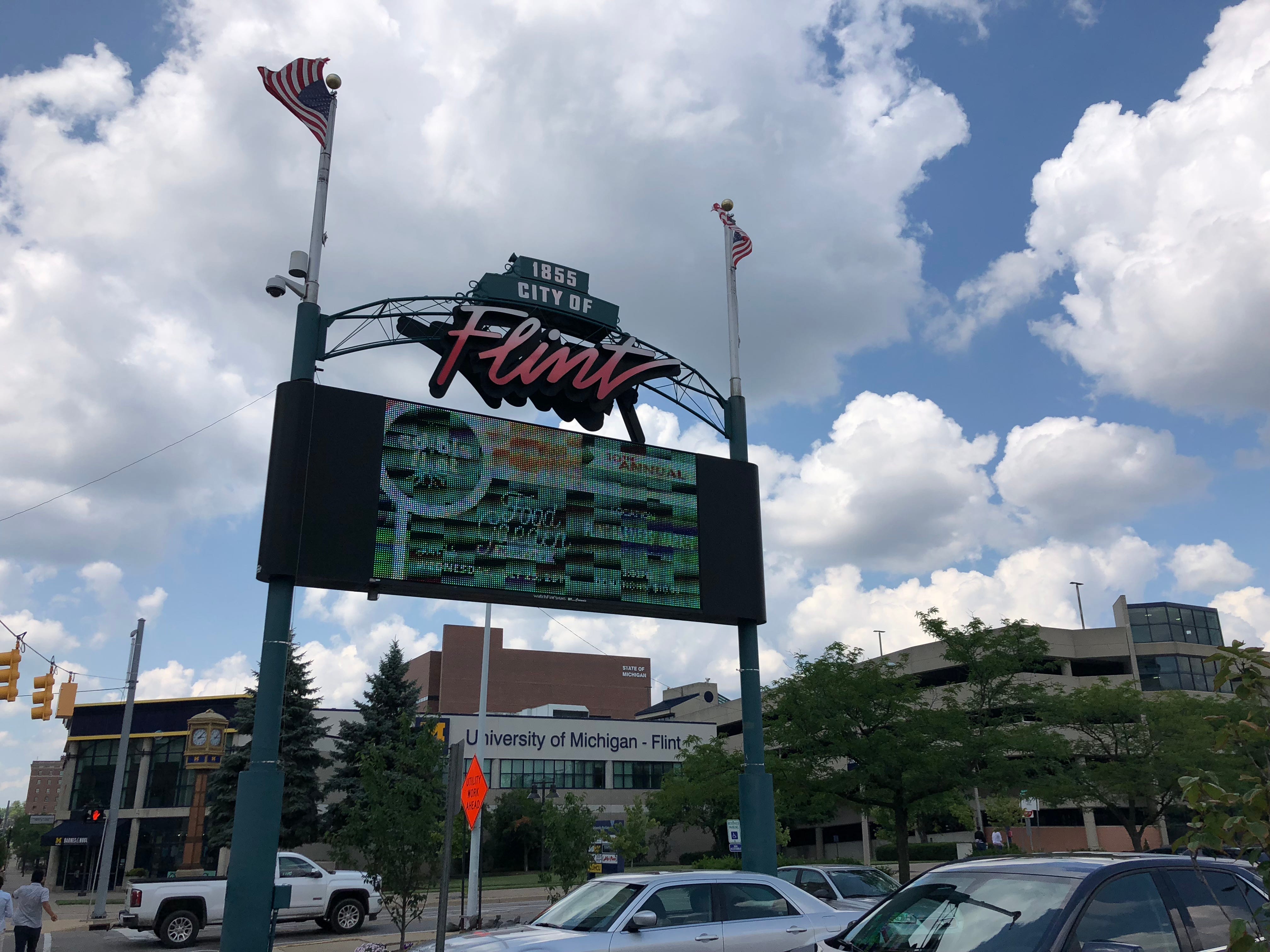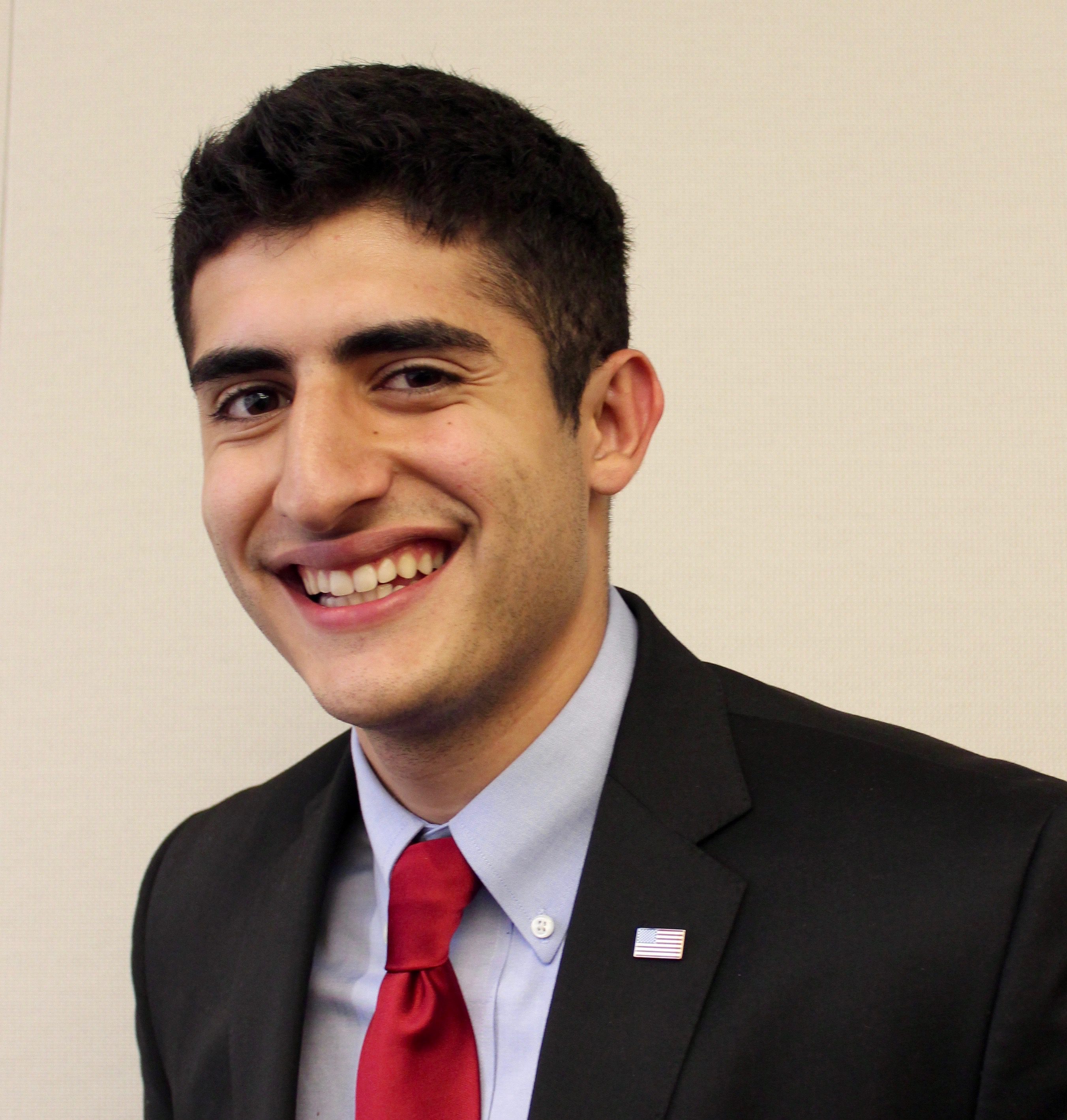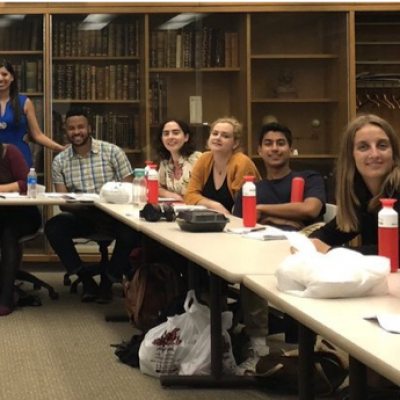Details
Article

One of our speakers this week raised the idea of “covert terror” to the group. Whereas overt terror is largely understood (e.g. a case of police brutality, a blatant hate crime, an act of workplace discrimination, etc.), covert terror is not as readily identifiable. Perhaps for this very reason, overt terror receives greater attention from the media and our society more broadly. And it is often particularly egregious cases of overt terror that we tend to mobilize around (think Emmet Till, Trayvon Martin, Eric Garner).
While it is important to be outraged over these acts of overt terror, we need to be similarly outraged by the insidious, seemingly benign acts of covert terror that occur much more frequently in our society. Covert terror may present itself in surreptitious ways and pull less at our heartstrings, but its arguably more effective in furthering oppression than overt terror.

So, what is covert terror you may ask?
Covert terror is when the judge simply takes the police at their word when the defendant brings a conflict account. Covert terror is when the prosecutor willfully inflates the charge brought against the defendant, only so they have the leverage necessary to force a plea bargain. Covert terror is when the police embellish a fact in court. Covert terror is the police’s use of “I don’t recall” when presented with a question whose response would look unfavorably. Covert terror is an unattainable cash bond. Cover terror is civil asset forfeiture.
But covert terror extends beyond our criminal justice system. Covert terror is when the pharmaceutical CEO co-opts doctors into over-prescribing patients for their lucrative painkillers so as to further profits. Covert terror is Detroit residents’ houses being foreclosed due inflated property taxes resulting from Wall Street malfeasance. Covert terror is emergency managers deciding to switch Flint’s water from Lake Huron to the Flint River. Covert terror is voter identification laws that work to suppress voting under the guise of electoral security.
We need to challenge ourselves to look beyond blatant acts of oppression, critically assessing how our policies further oppression at a systemic level. It may require a greater sense of due diligence and social awareness on part of the public, but mobilizing for reform around these covert acts of terror would yield a greater impact for a larger number of people.
Furthermore, it is important to note that while all of these examples are systemic in nature, they all also involve the misuse of individual discretion. For example, prosecutors do not need to inflate a sentence so as to force the defendant into a plea bargain; rather, they should simply assess the defendant on the merits of the case. Similarly, a pharmaceutical CEO does not need to claim allegiance only to their shareholders; rather, they should also consider the public health impact of their decisions. Individual actors must rid themselves of such parochial attitudes and instead approach their work with integrity, compassion, and a sense of broader societal responsibility.





